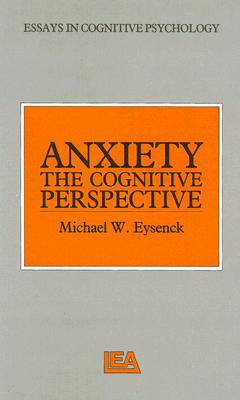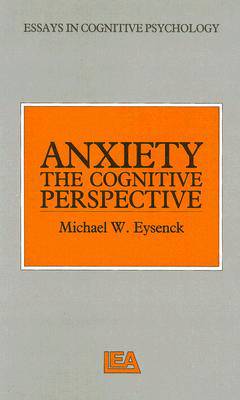
- Retrait gratuit dans votre magasin Club
- 7.000.000 titres dans notre catalogue
- Payer en toute sécurité
- Toujours un magasin près de chez vous
- Retrait gratuit dans votre magasin Club
- 7.000.0000 titres dans notre catalogue
- Payer en toute sécurité
- Toujours un magasin près de chez vous
Description
The scope of the book extends to the effects of anxiety on performance and to the phenomenon of worry, which is regarded as the cognitive component of anxiety. In both cases, a new theoretical framework is presented.
Spécifications
Parties prenantes
- Auteur(s) :
- Editeur:
Contenu
- Nombre de pages :
- 208
- Langue:
- Anglais
- Collection :
Caractéristiques
- EAN:
- 9780863770715
- Date de parution :
- 26-06-92
- Format:
- Livre relié
- Format numérique:
- Genaaid
- Dimensions :
- 131 mm x 234 mm
- Poids :
- 421 g

Les avis
Nous publions uniquement les avis qui respectent les conditions requises. Consultez nos conditions pour les avis.






